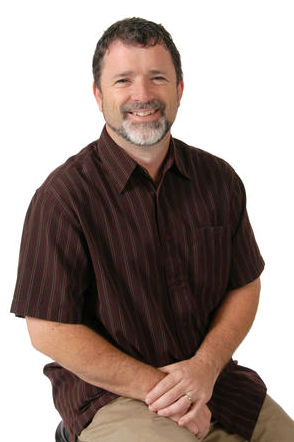- Information
- Syllabus
- Science Literacy
- Numbers and Equations
- Science Methodology
- Scientific Community
- Classical Mechanics
- Superhero Week!
- More Science
- Science Fiction or Science Fact
- Science and Society
- The Final Frontier
Physics 21: Science from Superheroes to Global Warming (English)
Course Information
Have you ever wondered if Superman could really fly? What was Spiderman's spidey sense? How did Wonder Woman's invisible jet work? What does it really mean for something to be a scientific "fact"? Explore how science works and what constitutes "good" science through case studies drawn from a wide spectrum of people's experience, for example superheros, movies, and real world issues such as global warming. The case studies will provide the change to act as science critics as the students develop a better appreciation for science and the scientific method.
Physics & Astronomy Dept. | Physical Sciences Sch. | University of California, Irvine
Keywords: global warming,scientific method,case studies,science of superheroes,classical mechanics,physics

- Author:
- Michael Dennin
- Title:
- Professor
- Department:
- Physics & Astronomy
This work is licensed under a Creative Commons Attribution-Noncommercial-No Derivative Works 3.0 United States License.
Syllabus
The textbook used in this course is Science Appreciation: Introduction to Science Literacy Documents. As of the time of this writing (December 2015) it is freely available, but is not under an open license. Please review any associated terms of use and email ocw@uci.edu if you are unable to access it.
Readings for each lesson will also be listed there. However, this link provides the chapter names, most of which are similar or identical to the lesson names. If you missed the link above, here it is again: http://www.compadre.org/Repository/document/ServeFile.cfm?ID=2171&DocID=12#Doc12.
Numbers and Equations
Video Introduction:
Science Methodology
Video Introduction:
Reading: Chapter 3. The Nature of Science.
Lesson 3: Science Methodology
Our First Experiment
Scientific Community
Video Introduction:
Reading: Finish Chapter 3. The Nature of Science.
Lesson 3: Science Community
The following links are to additional online videos at YouTube that you can look at to discuss the presentation of scientists in media. Additional knowledge of the movies and TV shows that are the source of the video clips in the lesson and here will be helpful in discussing the depiction of scientists and science. This is why I am trying to find a reasonable range of options.
Classical Mechanics
Video Introduction:
Lesson 5: Classical Mechanics
Reading: Finish Chapter 4, "Classical Mechanics."
More Science
Video Introduction:
Lesson 7: More Science
Read Chapter 5 of the textbook, "Natural Science Overview," and the posted article, "More is Different" by Phillip Anderson. Also read the Wikipedia articles on Lamarckism.
Science Fiction or Science Fact
Video Introduction:
Lesson 8: Science Fiction or Science Fact?
Read the excerpts from the following article and watch the linked videos.
Science and Society
Video Introduction:
Lesson 9: Science and Society
- Reading: Chapter 6, "Science, Technology and Society," from the textbook.
The Final Frontier
Lesson 10: The Final Frontier
Video Introduction:
It will be important to research the two topics: intelligent design and global warming. The following links will get you started, but you will need to do some research on your own. What I have done is provided you with the websites that I consider major advocates FOR each of the topics. I leave it to you to find the opposing views and/or develop your arguments.


